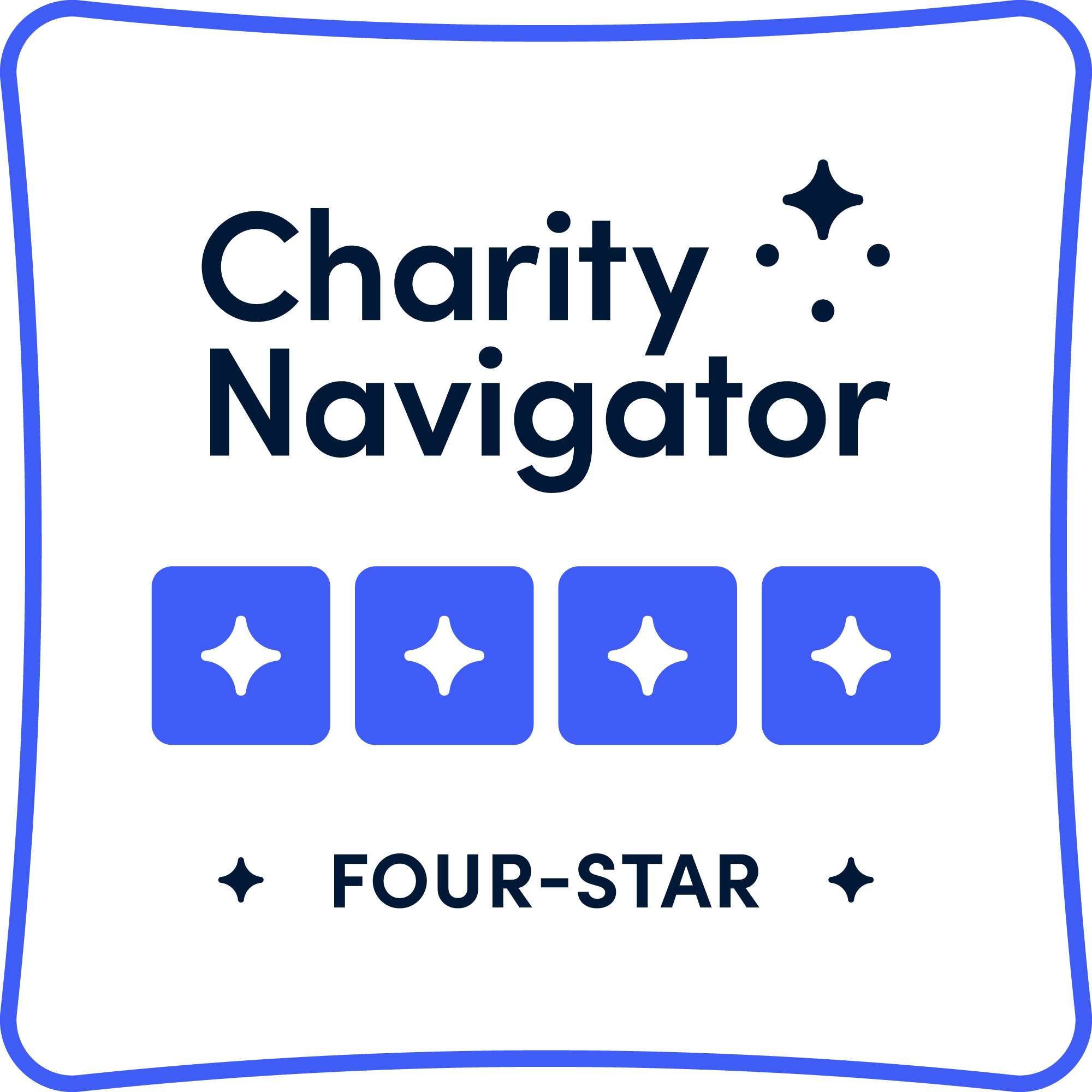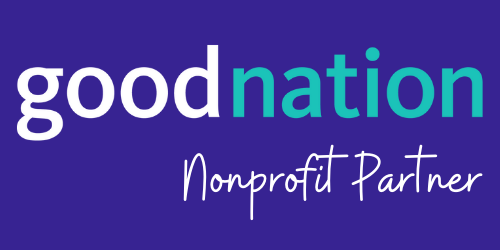This blog originally appeared on the CFSI/JP Morgan Chase Financial Solutions Lab Medium. ideas42 is proud to serve as a behavioral advisor to the Lab.
In New York, 22-year-old Sean had been using a savings app called Even for about eight weeks when he realized something that surprised him: by automatically saving his higher-than-average income, he’d saved up enough to pay off $2,500 in credit card debt that had been hanging over his head.
In a California suburb, Miranda, a single mom, uses SupportPay to regularly exchange money with her ex-husband for child-related expenses — putting the transactions online and taking financial tensions away from her two young sons.
And last month, a single mother of three in Philadelphia was finally able to sign up for food stamps using a tool from Propel called EasyFoodStamps — taking an extremely lengthy application and making the process quick and easy. Instead of waiting in line for hours or navigating complicated paperwork, Propel’s simple Web form allowed her to spend the afternoon with her kids.
Then there’s Sam. He’s 28, rents his apartment and makes $45,000 per year — but he has a FICO score of 650. He’s using a program from Ascend called RateRewards, which enables him to reduce his loan interest expense by showing positive financial behaviors. In the last four months, he has earned nearly $50 in rewards by demonstrating positive financial behaviors that other lenders ignore. At his current trajectory, he will effectively reduce his interest expense by 20 percent, saving nearly $400 in interest over the life of his loan.
All four of these financial products are creatively improving the financial health of their users — and that’s not the only thing they have in common. Each of these companies is also part of the Financial Solutions Lab.
A virtual lab
The Financial Solutions Lab — or “FinLab,” as we call ourselves — was founded in 2014 in a rather unusual partnership between the Center for Financial Services Innovation (CFSI) and JPMorgan Chase & Co., which committed $30 million to FinLab over five years. The goal was to be a virtual laboratory for technology companies building solutions to make financial health a reality for more Americans.
In February 2015, we launched our first challenge, which sought solutions to help Americans better manage cash flows (i.e. the spikes and dips in incomes and expenses that can make financial health out of reach). We knew this was no small nut to crack: According to CFSI’s research, the 100 million Americans who are affected by this issue spent $138 billion on products and services to manage their way through it.
In the first challenge, we received applications from nearly 300 fintech companies vying for $250,000 each in capital and access to resources through CFSI and its partners. In April, we announced nine winners: Ascend Loan, Digit, Even, LendStreet, PayGoal by Neighborhood Trust, Prism, Propel, Puddle, and SupportPay. Taken as a group, you’d think these companies have very little in common. But the one thing they do share is that each has developed an innovative solution that can help Americans better manage their financial lives.
So why do we even care about financial health? The facts on American financial health are daunting: A report from the Federal Reserve revealed 47 percent of Americans could not weather a sudden $400 emergency expense without borrowing money.
Good news/bad news
There are two ways to see this: as terrible news or as an extraordinary opportunity for leaders to step up and effect positive change. FinLab director Ryan Falvey sees opportunity — and is determined to help scale products with potential to bring financial health to more Americans.
“Instead of aiming to bring new ideas to market like an incubator or helping companies develop to a certain point — typically to raise capital, like an accelerator — we want to actually change the underlying market,” says Falvey.
“We’re looking to highlight early-stage products that are already in the market, and help those companies grow to massive scale,” he added. “As such, many of the firms we select to join FinLab are not participating for the capital. Instead, they see us as a long-term partner who can help them build relationships and networks to get to large-scale success.”
Our tools for success include everything from networking and design to professional, legal and regulatory advice — the kind of thing not typically available to early-stage companies. “FinLab facilitates connections with senior leaders across the financial services industry that are often hard to access,” Falvey says. “These doors are opened because the Center for Financial Services Innovation and JPMorgan Chase think these products improve consumer financial health and should be supported. And we help make it happen.”
So we did a quick poll — just why did these companies apply to FinLab? Turns out, it wasn’t really about the money.
Jerry Nemorin, LendStreet: “We benefited from participating in accelerator programs in the past, but needed industry connections to enable us to raise our profile and grow quickly while building a product that stays true to our mission.”
Ethan Bloch, Digit: “We’ve created a product with the vision of getting every household in the U.S. at every income level to save, which is a long-term goal that requires long-term partnerships. We looked to FinLab to help us develop partnerships and find the opportunities we needed to achieve our vision.”
Steve Carlson, Ascend: “There are always obstacles to disruptive technologies. In financial services, the obstacles are larger than most and come in the form of regulation on everything from where you do business to how you describe your product. We applied to FinLab to get access to partners that could help us think carefully through these obstacles and prepare for the road ahead.”
These are just a few of the conversations we had throughout our first year. Meeting with fintech innovators across the country inspired our team and renewed the passion we have for FinLab.
“Ultimately, we all want better financial products,” maintains Jennifer Tescher, president and CEO of CFSI. “And we think the future of financial services will be one where providers compete to improve the financial health of their users.”
As FinLab evolves over the next few years, the challenges will evolve too. If you’re a fintech founder who wants to turn your product into the prescription for financial health, our next fintech challenge, Solutions to Help Americans Weather Financial Shocks, has just been announced. And who knows, maybe you’ll be joining us for year two. Apply now: https://www.f6s.com/finlab. Applications are due April 7, 2016.


